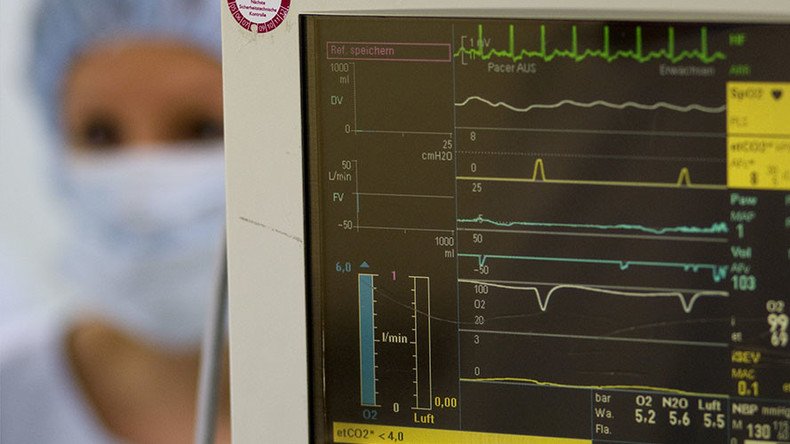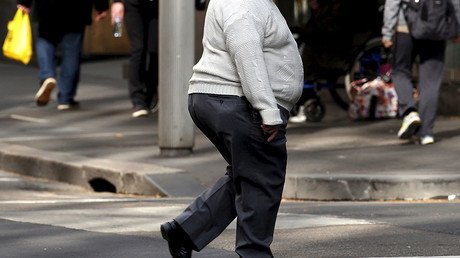Female heart attack victims 50% more likely to be misdiagnosed by NHS – study

Women suffering a heart attack are 50 percent more likely to be misdiagnosed and go untreated by the National Health Service (NHS), according to new research.
The study, conducted by researchers at Leeds University, examined the medical records of nearly 600,000 heart attack patients admitted to 243 NHS hospitals in England and Wales between April 2004 and March 2013.
Records revealed that 198,534 patients were initially misdiagnosed – and most of them were women.
To further understand that trend, the researchers looked into the two main types of heart attack – Stemi and Nstemi. A Stemi heart attack is caused by a total blockage of the main artery that pumps oxygenated blood around the body, while a Nstemi – the most common type – involves a partial blockage of one or more arteries.
The researchers found that women who had a final diagnosis of Stemi had a 59 percent greater chance of initial misdiagnosis compared to men, and women who had a final diagnosis of Nstemi had a 41 percent greater chance of misdiagnosis.
Lead researcher Dr. Chris Gale, an associate professor of Cardiovascular Health Sciences at the University of Leeds, said the research “clearly shows that women are at a higher risk of being misdiagnosed following a heart attack than men.”
“Heart attack care is all about speed. When people with a heart attack receive the wrong intial diagnosis, there are potentially important clinical repercussions, including an increased risk of death,” he said, as quoted by The Telegraph.
Gale said that many female cases were missed because the women themselves did not recognize their symptoms as those of a heart attack. Although chest pain is a common sign of heart attack, this is more likely to be absent in women.
He went on to state that doctors who are not cardiac specialists often fail to realize that symptoms such as palpitations and breathlessness could indicate a woman is suffering from heart attack.
Dr. Mike Knapton, an associate medical director at the British Heart Foundation – which part funded the study – said the diagnoses differences in men and women are “alarmingly high,” but that better tests are being developed for female heart attack diagnoses. He noted that when different limits were applied to the troponin test – a routine test for heart attack – more women received the correct diagnosis.
“However, this new study highlights the current scale of the issue and confirms more research is urgently needed into tests that will enable earlier and more accurate diagnosis of a heart attack, particularly in women,” he said.
Despite the misdiagnosis findings at NHS hospitals, a spokesman for the health service said that “survival rates for heart attacks are the best they have ever been and swift diagnosis and treatment is key to this.”
"We are working hard to continually improve tests for accurately diagnosing heart attacks in both men and women so that correct treatment can begin without delay, ensuring the best possible recovery for patients,” the spokesman added.
The study was published in the European Heart Journal Acute Cardiovascular Care on Tuesday.
Up to 28,000 women a year in the UK die from heart attacks, according to the British Heart Foundation. The longer a heart attack is left undiagnosed and untreated, the more the heart muscle can be permanently damaged.














